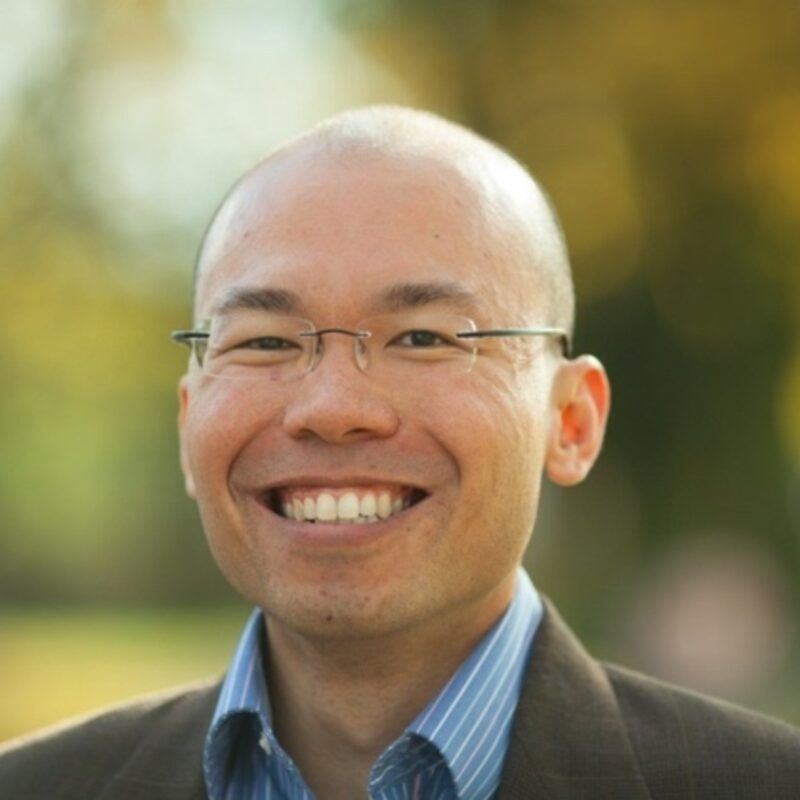Can Reflections on Competition Lead to Cooperation between the Global East and the West?
by Miguel Antonio Lim
Senior Lecturer in Education and International Development, The University of Manchester
As a long-time listener of FreshEd, I look back to some of the earliest podcasts – with Fazal Rizvi, Susan Robertson, and Rajani Naidoo – in which they speak about education and political issues. Their thoughts on the ‘rise of Asia’, regionalism(s) and the logics of competition speak to my own long-standing interest in the desire of countries to build ‘world class universities’, the complex role of university rankings in national policies and the interplay of competition and cooperation between the ‘West’ and the ‘East’.
In ‘The Rise of Asia Higher Education?’, Fazal Rizvi argues that as there has been economic growth and the rise of education levels across Asia, many people in the Global North and West are encouraged by the fact that this growth will lead to more customers and therefore demand for Western products. This of course includes education (at all levels!) of which Anglophone western countries are major exporters.
However, alongside this optimism, there is a contrasting concern about deep and transformative shifts in power dynamics. While China’s economic success and its significant contributions to the global economy are admired, Rizvi maintains that there remains an underlying tension evidenced in some colonial-era stereotypes. The sense of a “yellow peril” persists in subtle forms, even though it is tempered by respect for China’s remarkable growth and growing influence.
The part that I enjoyed the most in Rizvi’s reflections is the complex mix of appreciation and apprehension that he claims that the West has for the East. He argues that despite the admiration, there is also skepticism and a perception that China’s advancements may pose a threat to existing interests. In my view, this is a complex relationship: the ‘West’ continues to be seen as a standard that the ‘East’ is meant to emulate but as this emulation becomes more advanced there is a strong sense that this progress is somehow artificial and manufactured. Furthermore, in terms of innovation and free thinking, there seems to be a quiet assumption that the West maintains certain elements that continue to sustain its unique and leading position.
In ‘The Rise of Regionalisms’, Susan Robertson takes a global view of higher education (HE) developments, commenting as well on the dynamics between West and East / North and South. She responds to a question about ‘world class universities’ and says that having one is often used as a marker of a competitive economy. She gives examples from several countries and regions that enact what some call excellence initiatives to funnel money into building higher ranked universities. She also argues that the emphasis on global rankings is driven, to some extent, by media outlets which have a vested interest in promoting these lists since they attract readership. This ties in closely to work I have done on the ‘weak expertise’ of the global university rankers. In my own research on rankings, I show how the ranking organisations develop their own forms of expertise that align with the needs of institutions and some countries in terms of increasing visibility and legitimacy of their own HE systems by the promotion of national champions.
Robertson further argues that, globally, countries use these rankings as important indicators of a status as a knowledge-based economy. Nations see maintaining a strong presence in these rankings as a way to affirm their global standing. Universities are also willing participants to this trend. ‘Top’ institutions leverage their positions in these rankings to attract students, while certain cities market themselves as “knowledge-rich” by highlighting their highly ranked institutions. All these interconnected factors create systems that perpetuates the focus on global university rankings and sustains new international and regional initiatives tied to the rankings framework.
These ranking dynamics bring institutions, cities, countries, and regions into competitive dynamics with each other. This links to another podcast with Rajani Naidoo. In ‘Competition in Higher Education’, Naidoo reflects on the wider concept of competition in higher education which, she says, has centered traditionally on academic research. She reviews how scholars have competed by presenting diverse worldviews, producing ground-breaking research, and challenging each other’s findings. This enduring form of intellectual rivalry remains a cornerstone of academia and perhaps is therefore extended into the realm of competition beyond individuals to institutions (through rankings) and then to countries and regions.
Naidoo argues that the competition of ideas has extended to competition for income from teaching as well as government-sponsored competition for ‘excellence’ and reputation. In the United Kingdom, the Research Excellence Framework evaluates research quality, influencing both prestige and financial support. My own work shows that institutions also have to demonstrate strong societal impact from their research, through the production of impact cases. These allow universities to show the ‘real’ difference that their research has on society and helps to prove the value of their work beyond academic itself. This ‘societal value’ however is yet another aspect in which universities can compete with each other.
These three podcasts highlight the competitive logics that have only intensified in the years since the podcasts have been recorded. More importantly, their insights are relevant in a time of increasing geo-political intensity in the relations between countries and their universities. Can their insights somehow help listeners to build new narratives of cooperation between East and West, and North and South?
February 3, 2025






